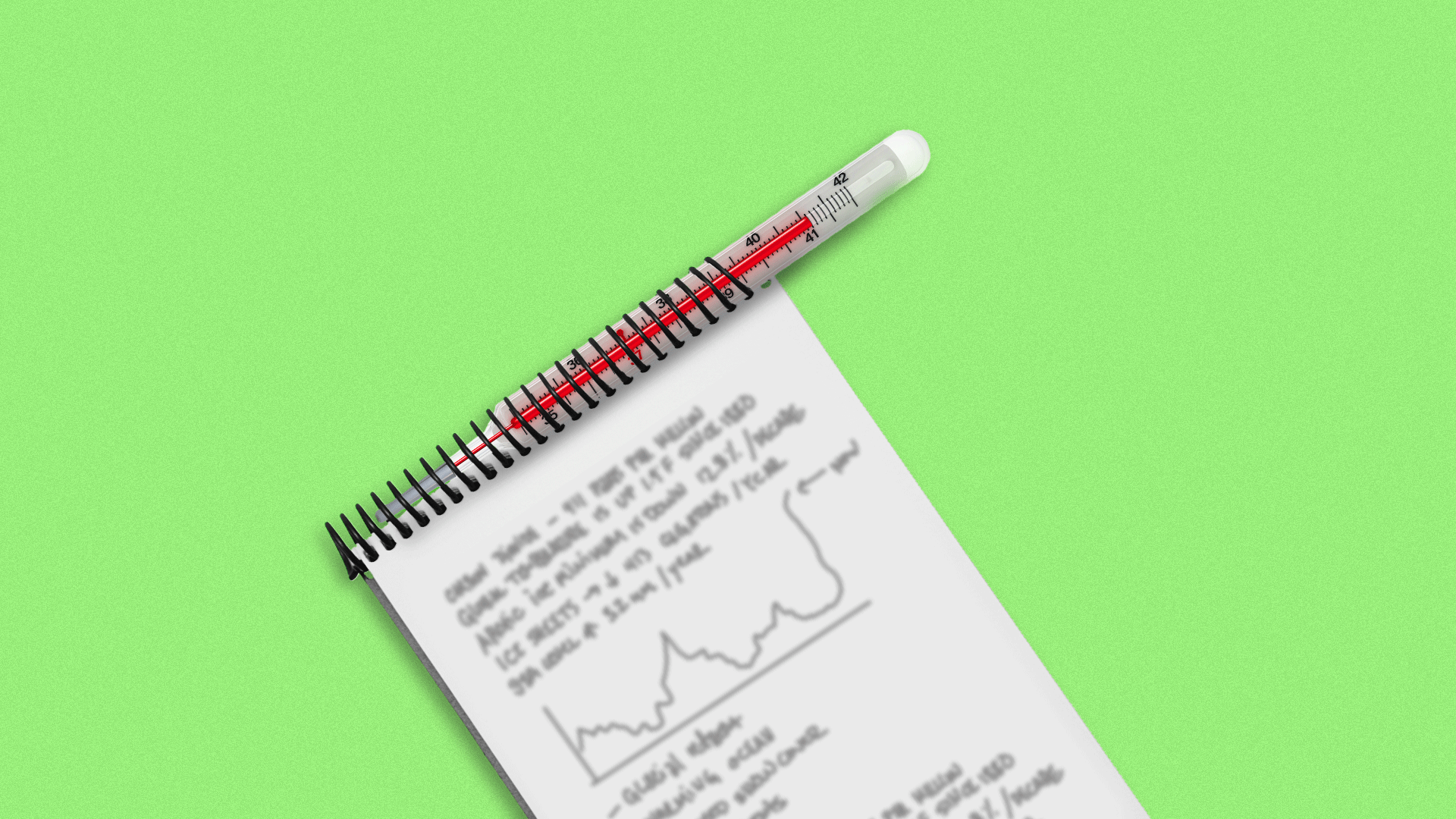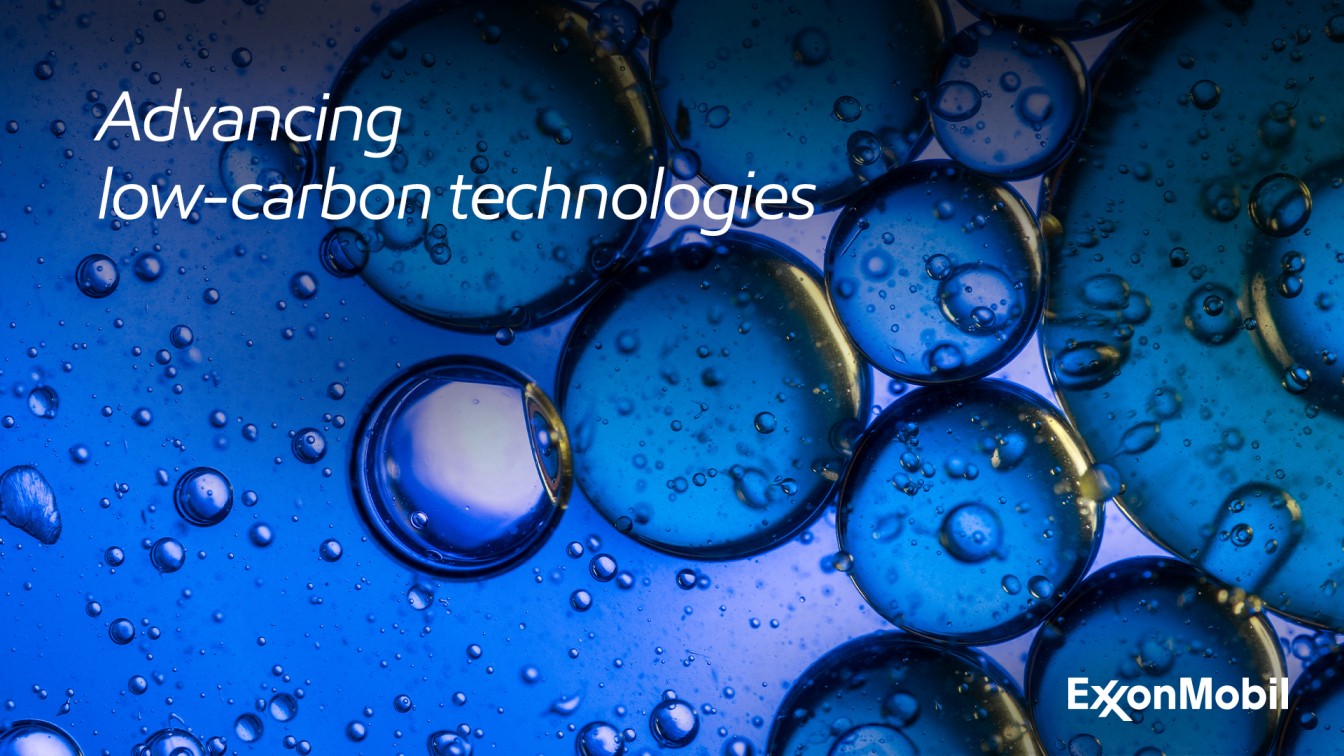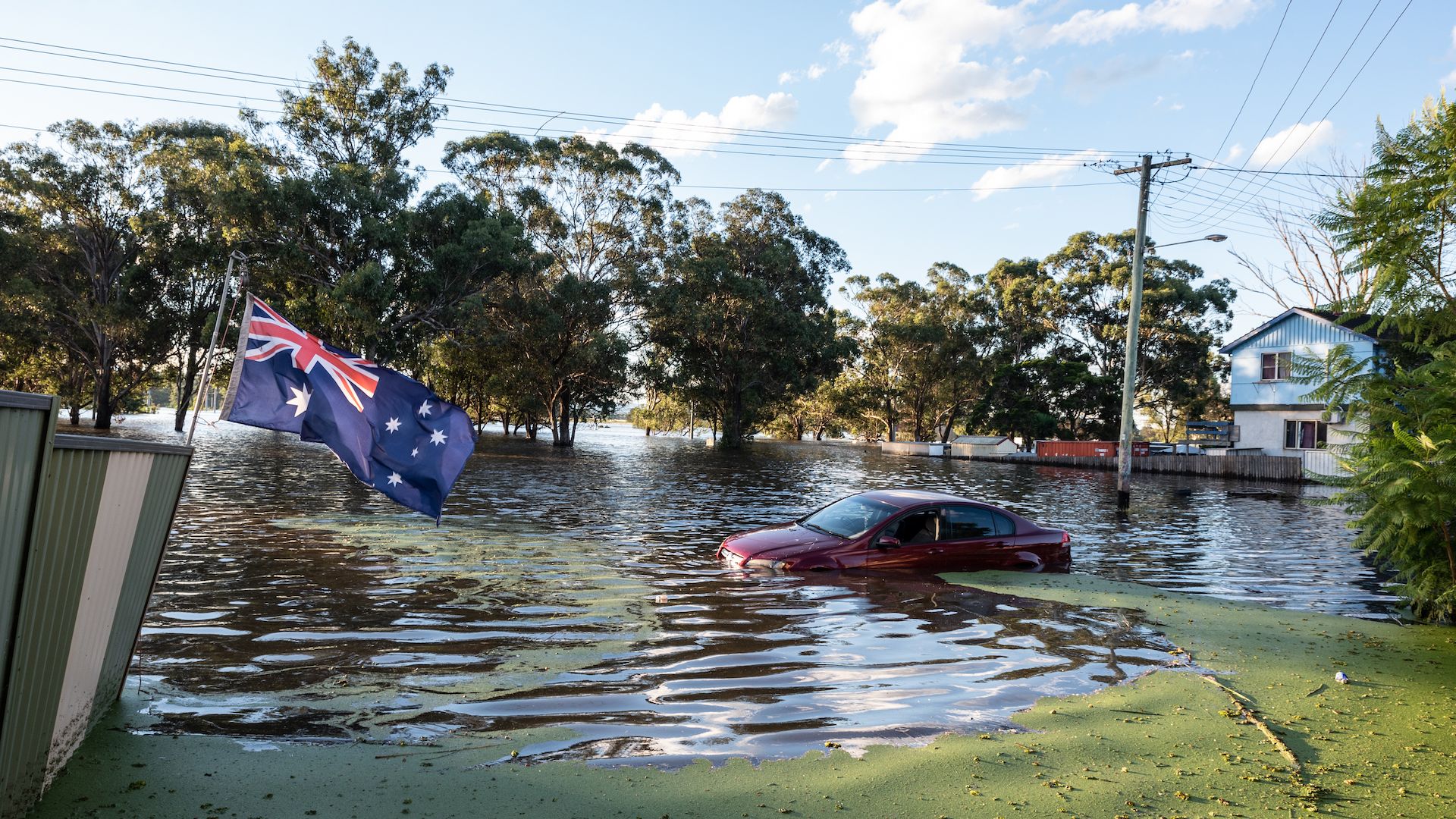| | | | | | | Presented By ExxonMobil | | | | Generate | | By Ben Geman ·Apr 06, 2021 | | Good morning! Today's Smart Brevity count is 1,026 words < 4 minutes. 🎧 Siemens USA boss Barbara Humpton joined the Axios Re:Cap podcast to discuss the White House EV charging push and more. Listen here. 🎶 And on this date in 1988, singer-songwriter Tracy Chapman released today's searing and beautiful intro tune... | | | | | | 1 big thing: Biden's climate balancing act with China |  Data: Global Carbon Project; Chart: Axios Visuals Partner? Rival? When it comes to China and climate policy, the White House answer to both questions seems to be yes. Driving the news: The last few days underscore the delicate role that China is playing in White House climate efforts. John Kerry, President Biden's special climate envoy, told CNBC that acting on climate is a "huge economic opportunity" for people worldwide and added: - "This is not about China, this is not a counter to China. This is about China, the United States, India, Russia, Indonesia, Japan, Korea, Australia, a bunch of countries that are emitting a pretty sizable amount, the United States and China the most."
- And via Reuters, Kerry also told reporters on the same weekend visit with officials in Abu Dhabi that the U.S. is hopeful about working with China on climate despite major tensions on several other topics.
Yes, but: Competition with China is a not-subtle part of the White House's domestic sales pitch for its $2 trillion-plus economic plan that's heavy on clean energy infrastructure, manufacturing and R&D. - The White House summary of the plan calls it a way to "create millions of good jobs, rebuild our country's infrastructure, and position the United States to out-compete China." (Emphasis added.)
- The proposal last week also calls the investments a way to meet the climate crisis and the "ambitions of an autocratic China."
Why it matters: Check out the chart above via the Global Carbon Project, a research consortium. Steeply cutting global emissions is hopeless without major cuts from the U.S. and China, which together comprise over 40% of worldwide CO2 emissions from fossil fuels. - So that means diplomatic spadework as the administration joins others in pressing China to transform its ambitions (including carbon neutrality by 2060) into more concrete steps.
- But it also means enacting new domestic policies, and for the White House, part of that push is talking up the country's ability to compete in growing clean energy tech markets.
|     | | | | | | Bonus: A historical emissions perspective |  Data: Global Carbon Project; Chart: Axios Visuals One thing that's tricky about climate diplomacy is balancing responsibility for today's emissions levels against historical CO2 output. The big picture: The graphic above, also via Global Carbon Project data, puts China's rise into the world's largest emitter by far into perspective. |     | | | | | | 2. A new climate media player with familiar roots |  | | | Illustration: Aïda Amer/Axios | | | | The clean energy think tank RMI just launched a nonprofit journalism arm called Canary Media that's staffed by well-known names in energy and climate reporting. The big picture: Canary will be "at the forefront of the clean energy transition" with a mission to cover global efforts to fight climate change, per RMI, formerly the Rocky Mountain Institute. The intrigue: Top staff are veterans of Greentech Media, a highly respected but now-defunct site that began in 2007. - The consultancy Wood Mackenzie, which bought Greentech in 2016, shuttered it last month (though WoodMac provides its own public-facing content).
- Canary's editor-in-chief is Jeff St. John, who was managing editor at Greentech. Eric Wesoff, who was Greentech's first employee, is managing editor.
- Also on board are former Greentech reporters Julian Spector and Emma Foehringer Merchant.
David Roberts, who recently left Vox to launch a Substack newsletter, is the editor at large. Why it matters: They won't lack material as they cover business, tech and policy in a newsroom they call independent from RMI. - Clean tech — in power, mobility, industry and more — is shaking up legacy systems, attracting new investment and policy support.
- But changes thus far have not started bringing the kinds of steep emissions cuts needed to meet the goals of the Paris climate deal.
What's next: Canary's site went live today and they're also launching a free subscription newsletter. - Wesoff tells Axios they have no immediate plans for paywalled products but didn't rule it out.
- The site will leverage analyses and data from RMI, but also use research from a range of analysts, Wesoff said.
- The "launch partners" include Amazon Web Services, Black & Veatch and other companies.
|     | | | | | | A message from ExxonMobil | | ExxonMobil's new Low Carbon Solutions business | | |  | | | | ExxonMobil Low Carbon Solutions is our new business working to advance breakthrough technologies, including carbon capture and storage, hydrogen and other technologies, from our industry-leading R&D portfolio. Learn more at ExxonMobil.com. | | | | | | 3. Australian report calls for urgent climate action |  | | | A car is seen half submerged in the flood on March 24, 2021, in Sydney, Australia. Photo by Flavio Brancaleone/Getty Images | | | | Axios' Andrew Freedman writes that the Australian Academy of Science quietly released a report on March 31 that underlines the stakes of President Biden's April 22 climate summit and the next U.N. climate confab in Glasgow. The big picture: The report, produced by Australia's equivalent to the Royal Society of London, heaps doubt upon the feasibility of the Paris Agreement's target of limiting global warming to "well below" 1.5 degrees Celsius (2.7 Fahrenheit) compared to preindustrial levels by 2100. It calls the goal "virtually impossible" based on how significantly temperatures have already shifted, and the lack of emissions reduction commitments that would meet the challenge. The details: Consistent with other recent studies, the report warns the world is on course for at least about 3 degrees Celsius (5.4 Fahrenheit) of warming if current emissions reduction pledges are not dramatically altered. - Australia — the world's driest inhabited continent — has much to lose from climate change, as demonstrated by the recent flooding, wildfires and bleaching of vast stretches of the Great Barrier Reef.
- As warming worsens, the country's energy infrastructure will be increasingly stressed by heatwaves and storms. The report recommends "diversifying energy sources" and making systems more resilient.
- It notes that to reach net-zero emissions by 2050, the country would need to "shift energy export industries to zero emissions as a matter of urgency." That's no small feat, considering that Australia is one of the world's largest coal exporters, much of it flowing to China.
The bottom line: Unless far more ambitious near-term emissions targets are established, which is the main goal of both the White House and UN climate meetings, the report finds that even the less stringent Paris 2-degree target won't be achievable. This is because emissions trajectories would begin arcing downward too late to get there. |     | | | | | | 4. Petro notes: BP and Shell | | Balance sheets: "Energy group BP said on Tuesday it expects to have hit its $35 billion net debt target in the first quarter of this year, sooner than expected and paving the way for it to deliver on its promise of buying back shares." (Reuters) Diversification: "Royal Dutch Shell Plc has invested in sustainable-fuels technology company LanzaJet, adding to a string of deals positioning the oil giant for the energy transition." (Bloomberg) |     | | | | | | 5. Quote of the day | | "I'm going to be a little coy on that." Who said it: That's Apple CEO Tim Cook discussing the company's secretive autonomous vehicle tech program with the NYT's Kara Swisher. The intrigue: Apple has reportedly explored partnerships with automakers on creating an electric car with autonomous capabilities. - Cook wouldn't say whether Apple plans to develop a car or be a tech provider.
- But he did offer that "the autonomy itself is a core technology, in my view."
- TechCrunch has more.
|     | | | | | | A message from ExxonMobil | | ExxonMobil's new Low Carbon Solutions business | | |  | | | | ExxonMobil Low Carbon Solutions is our new business working to advance breakthrough technologies, including carbon capture and storage, hydrogen and other technologies, from our industry-leading R&D portfolio. Learn more at ExxonMobil.com. | | | | | | Axios thanks our partners for supporting our newsletters.
Sponsorship has no influence on editorial content. Axios, 3100 Clarendon Blvd, Suite 1300, Arlington VA 22201 | | | You received this email because you signed up for newsletters from Axios.
Change your preferences or unsubscribe here. | | | Was this email forwarded to you?
Sign up now to get Axios in your inbox. | | | | Follow Axios on social media:    | | | | | |







No comments:
Post a Comment